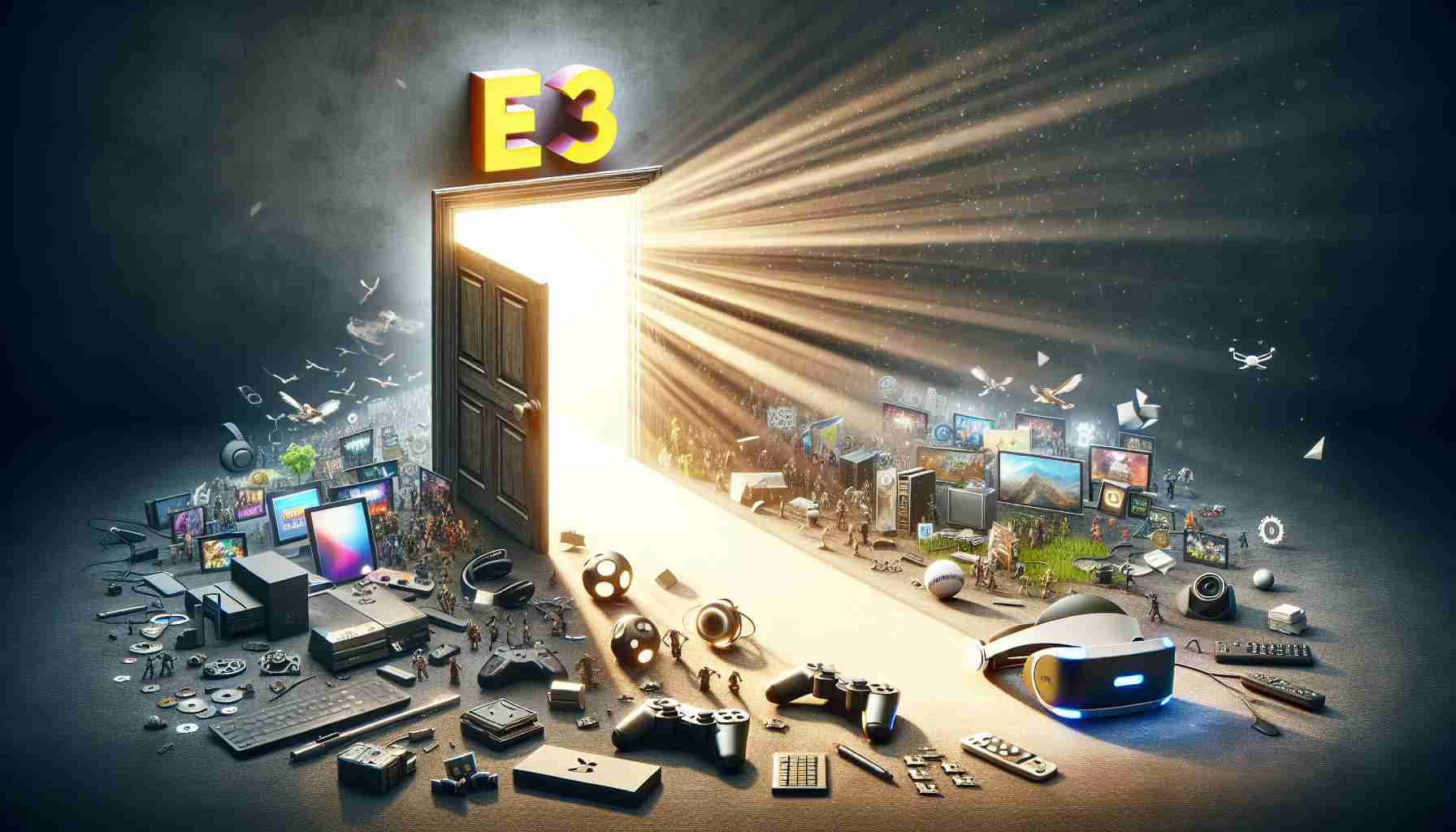Introduction
The Electronic Entertainment Expo, E3, once stood as the vibrant heartbeat of the gaming industry a hallowed ground where gaming luminaries unveiled their boldest creations, sending shockwaves of excitement through enthusiasts worldwide. However, the landscape began to shift, marking the decline of this titan of gaming events. From its pinnacle in the ’90s to its gradual descent, the demise of E3 has left an indelible mark on the gaming ecosystem. This article delves into the significance of its decline and explores how gaming companies are navigating this altered terrain, reshaping their strategies, and redefining the very essence of gaming engagement.
The Rise and Fall of E3
E3 emerged in 1995, rapidly becoming a crucial annual event for developers, publishers, and enthusiasts alike. It was a platform for unveiling new consoles, showcasing blockbuster games, and fostering community engagement. However, as the years progressed, cracks began to show. The event faced criticism for its exclusivity, with only industry insiders gaining access, limiting its reach to the broader gaming community.
The Changing Dynamics
The decline of E3 was multifaceted. Technological advancements reshaped how information was disseminated. Digital platforms, live streams, and social media democratized access, enabling companies to communicate directly with their audience without the need for a centralized event. Nintendo, for instance, shifted to Nintendo Direct presentations, creating tailored experiences that bypassed the traditional E3 format, reaching millions of viewers globally.
Impact on Gaming Companies
For gaming companies, the decline of E3 necessitated a recalibration of their marketing strategies. They began exploring alternative avenues to engage audiences, opting for personalized digital events, standalone showcases, and year-round announcements. Sony, a longtime E3 participant, chose to skip the event entirely, hosting their State of Play presentations, allowing for more control over their messaging and timing.

Redefining Engagement and Accessibility
The demise of E3 brought forth a shift toward inclusivity and accessibility. Companies started prioritizing direct connections with their communities, embracing platforms like Twitch, YouTube, and social media for interactive engagement. This transition empowered smaller developers, enabling them to showcase their creations without the constraints of a massive event, fostering a more diverse and dynamic gaming landscape.
Challenges and Opportunities
Yet, challenges arose amidst the adaptation. The absence of a centralized event like E3 posed hurdles in capturing the same level of industry wide attention. Smaller developers, reliant on the exposure E3 provided, faced the task of navigating a more fragmented promotional landscape. Additionally, without a singular focal point, enthusiasts lamented the loss of the communal excitement that E3 once cultivated.
Evolution and Innovation
However, the industry’s response to E3’s decline also brought forth innovation. Companies embraced creative marketing strategies, such as extended gameplay reveals, developer diaries, and behind-the-scenes content, fostering deeper connections between creators and players. Streaming platforms saw a surge in popularity for gaming-related content, allowing for more interactive experiences, live demonstrations, and real-time engagement.
Future of Gaming Showcases
Looking ahead, the future of gaming showcases seems multifaceted. While the absence of E3 might have diminished the dominance of a single event, it has birthed a more diverse landscape. Companies now have the freedom to curate experiences tailored to their audience’s preferences, be it through recurring digital events, specialized conventions, or surprise announcements throughout the year.

Conclusion
The decline of E3 marked a pivotal moment in gaming history, signifying a shift from a centralized spectacle to a decentralized, more accessible landscape. It prompted gaming companies to reevaluate their strategies, adapt to new digital mediums, and prioritize direct connections with their audiences. While the industry mourned the loss of a traditional pillar, it embraced a future brimming with innovation, diversity, and a deeper engagement between creators and players. The legacy of E3 lives on not in a singular event but in the evolution it ignited, reshaping the gaming industry’s narrative for years to come.




